Navigating the Journey
of a Loved One with Dementia
By Amy Steinberg, program coordinator of Community Engagement & Partnerships at Jewish Community Services and Michelle Goldberg, senior manager for Community Engagement & Partnership at Jewish Community Services

Caring for a loved one with dementia can be both a profound challenge and a deeply rewarding experience. As caregivers and family members navigate this journey, they often find that recognizing the complexities of dementia — and adopting strategies that foster communication and connection — can make a real difference.
Dementia isn’t a single disease but a broad term describing symptoms, including memory loss, language difficulties and challenges with problem-solving and thinking. These symptoms must be significant enough to interfere with daily life. Under the umbrella of dementia, there are various types — the most common include Lewy Body Dementia, Vascular Dementia, Frontotemporal Dementia and Alzheimer’s, a degenerative brain disease and the most common form of dementia. In addition, certain diseases, such as Parkinson’s, can also bring about dementia-related symptoms.
As dementia progresses, it moves through stages. Initially, individuals may experience very mild cognitive changes that are barely noticeable. However, over time, the disease can advance, eventually impacting language, memory and self-care skills. In its later stages, dementia requires a level of caregiving that demands both physical and emotional resilience.
Understanding how dementia impacts a loved one can help caregivers find compassion and patience, yet it’s natural to feel a range of emotions.
“Having dementia makes it hard to connect with others. Friends can become uncomfortable, not knowing how to relate to someone with the disease, and may begin to distance themselves,” says Amy Steinberg, program coordinator for Jewish Community Services (JCS), Community Engagement & Partnerships. “As roles shift and relationships change, family members often feel a mix of grief, frustration and helplessness.”
These demands can easily overwhelm primary caregivers, who may feel pressure to put aside their needs and priorities. Yet, self-care and stress management are crucial for sustaining both their well-being and the quality of care they provide. Prioritizing these practices helps caregivers find balance and resilience amid the challenges.
If you or someone you know is caring for a person with dementia, here are some helpful tips.
Establish a daily routine. “A daily routine offers stability, creating a comforting rhythm for both the person living with dementia and the caregiver,” says Amy. “Within this routine, finding activities that bring joy—whether through shared experiences or individual tasks — can make a day feel structured and enriching.”
Make self-care a priority. Caregivers should remember that respite care and self-care are not luxuries; they’re essential for effective caregiving. Support groups and programs like Memory Café are also valuable resources, providing a sense of community and understanding for those on this journey.
Find moments of joy and connection. Although dementia brings undeniable challenges, moments of joy and connection make this journey meaningful. Through compassionate and mindful care, families and caregivers can create memories that bring peace and joy, helping to make this journey a little easier, one day at a time.
If someone special in your life has dementia, JCS offers programs to support you and your loved one:
Care Partner Conversations When Your Loved One Has Dementia is a virtual group offering conversation, support, resources and education for those caring for a loved one with dementia.
JCS Memory Café provides an opportunity for those with memory impairment and their care partners to meet new friends, enjoy refreshments and participate in engaging activities.
Jewish Community Services (JCS), an agency of The Associated: Jewish Federation of Baltimore, provides programs and services for people of all ages and backgrounds, helping them achieve their goals, enhance their well-being and maximize their independence. To learn more, visit jcsbalt.org or 410-466-9200.
Subscribe to our newsletter
The Associated is a home for everyone in the Baltimore Jewish community. We offer several email lists to help people find a community, engage with their peers and support Jewish journeys around the world.
Join Our Mailing ListAdd Impact to Your Inbox
Sign up for our newsletter
Subscribe to our newsletter
The Associated is a home for everyone in the Baltimore Jewish community. We offer several email lists to help people find a community, engage with their peers and support Jewish journeys around the world.
Join Our Mailing List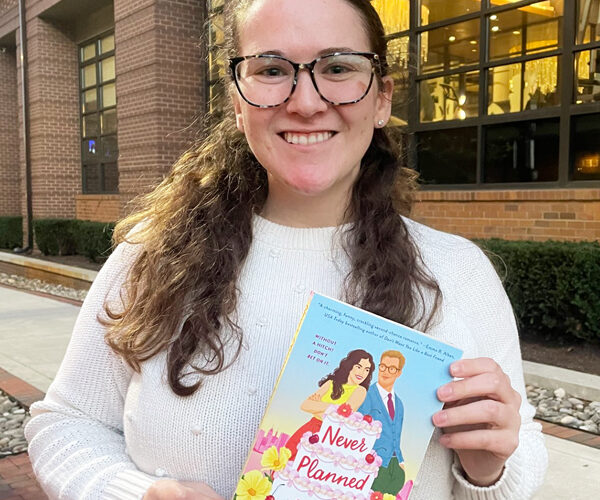
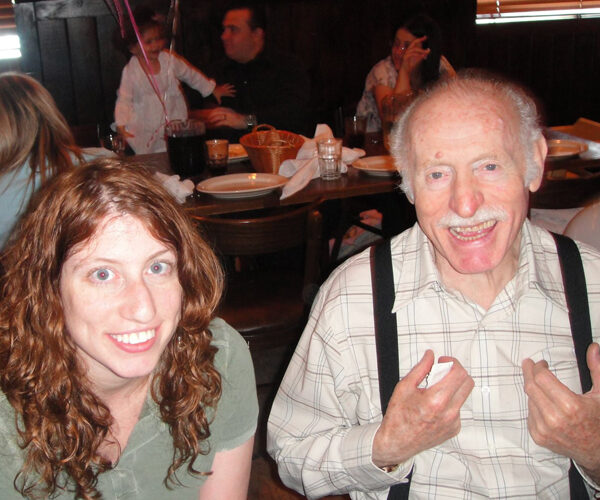
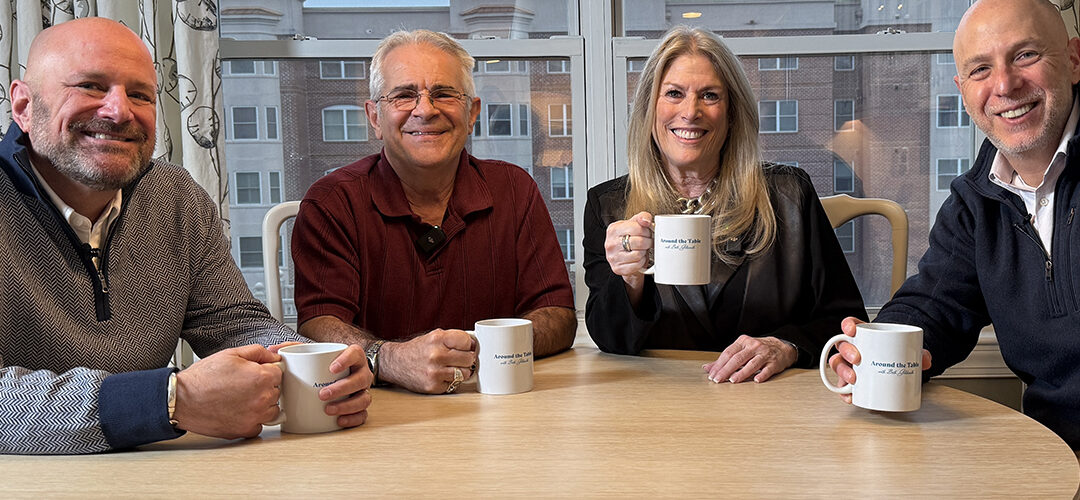


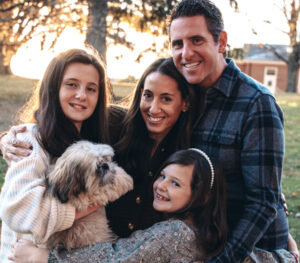
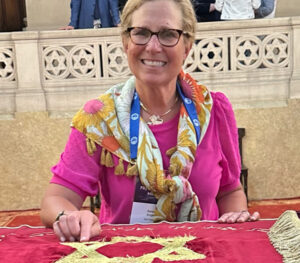

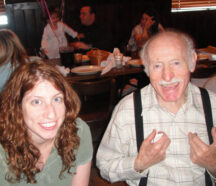
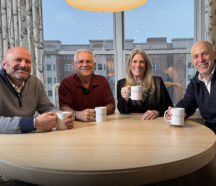
 Please Wait while we loading your video.
Please Wait while we loading your video.